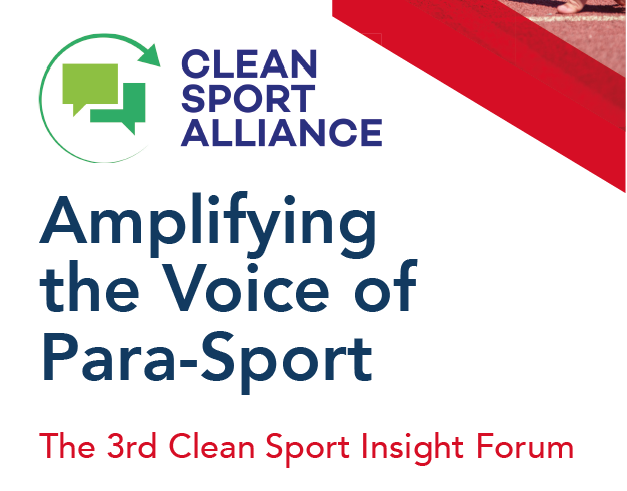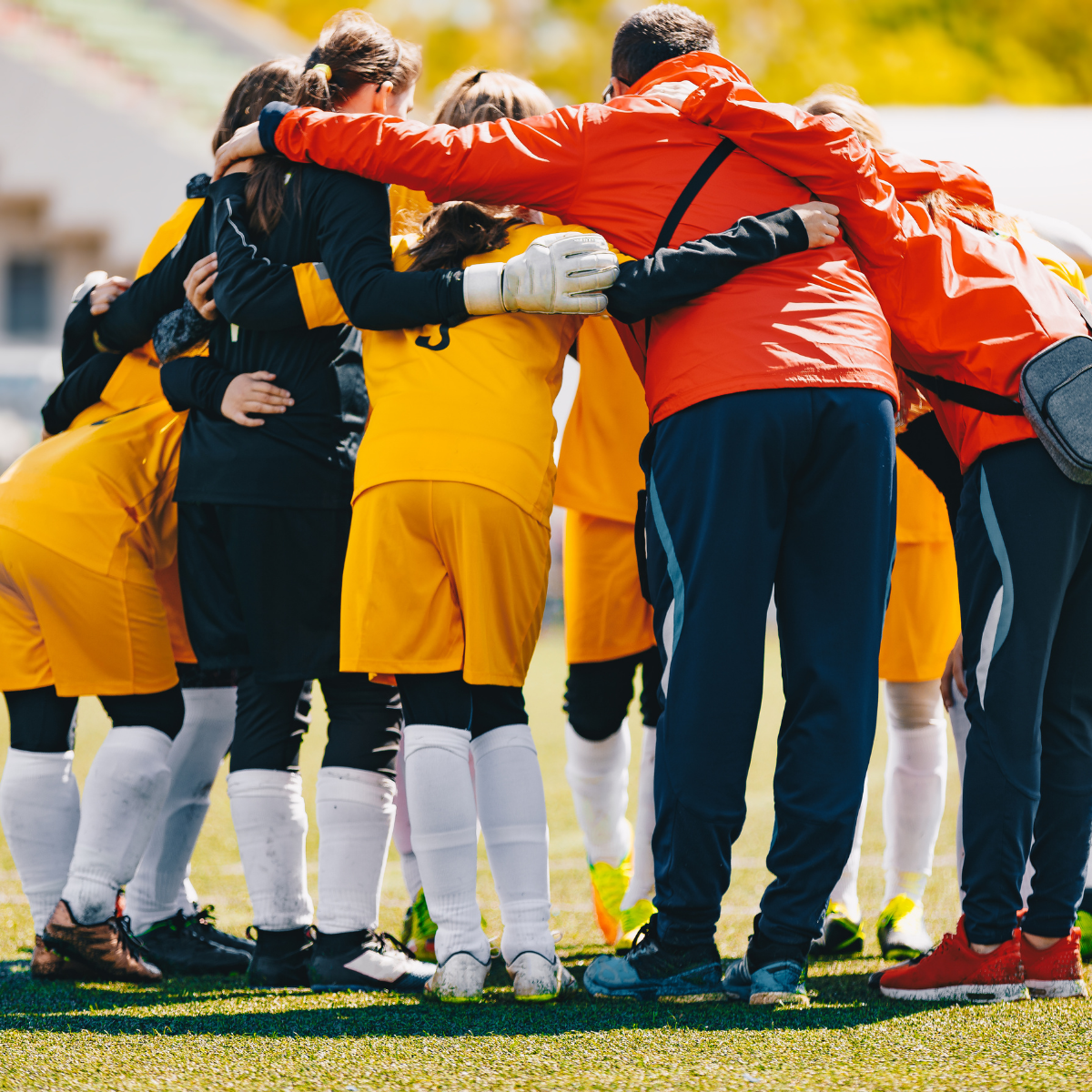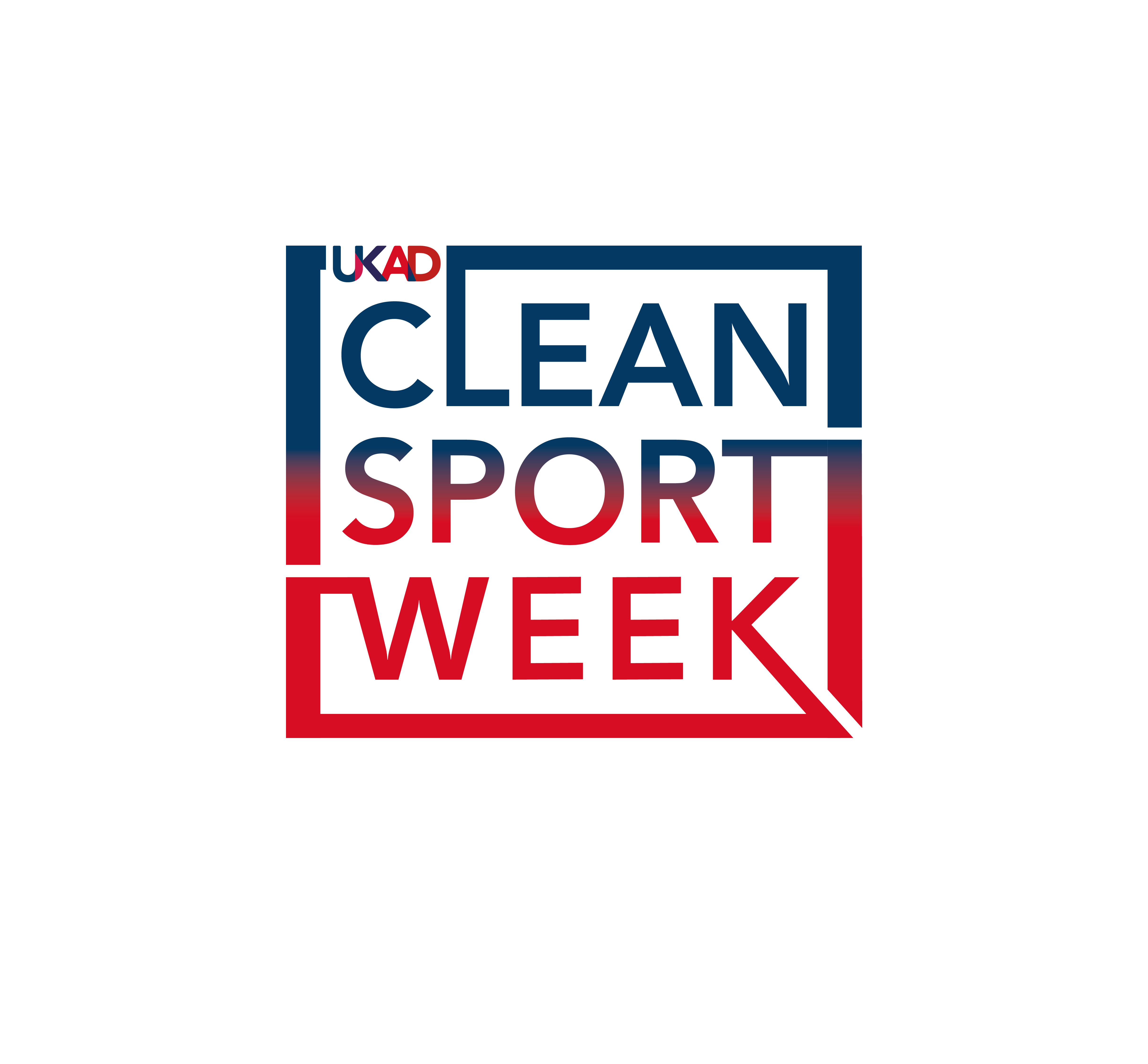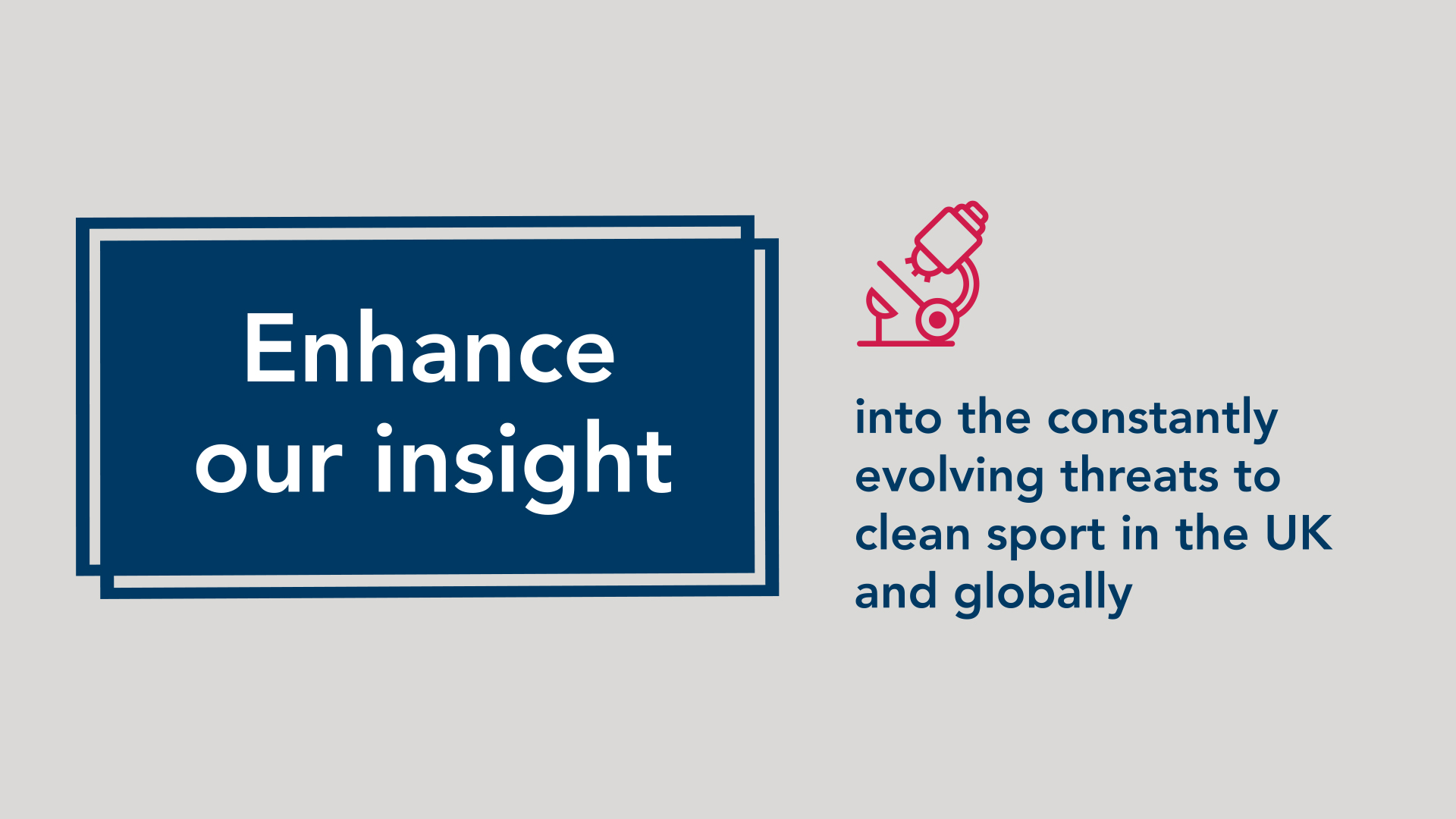Amplifying the Voice of the Para-Sport Community
Takeaways from the 3rd Clean Sport Insight Forum
The Clean Sport Insight Forum (CSIF) is part of RESPECT-P, a multi-agency project co-funded by the Erasmus+ Programme of the European Union. The project spans six European countries and brings together academic institutions, organisations and athletes to discuss research, practice and policy in Clean Sport.
On Wednesday 22 June 2022, the 3rd Clean Sport Insight Forum was held in Birmingham, England and hosted by UK Anti-Doping (UKAD). Here are our takeaways from the event.

What is Clean Sport and how do we define it?
Is “Clean Sport” doping-free sport, or is it a wider term encompassing fairness in sport? The theme was discussed in the sessions throughout the course of the day, with speakers and delegates agreeing that winning well, rather than winning at all costs, was an important educational reminder for every athlete. To capture this, all athletes require values-based education to be delivered early on, so that the right decisions can be made throughout their sporting career.
Threats to the integrity of Para-Sport
We heard lived experiences from a panel of Para Athletes: Ali Jawad (Powerlifting), Gemma Lumsdaine (Wheelchair Basketball and Rugby) and Liesette Bruinsma (Swimming) as well as research from academics on the threats to integrity in Para-Sport.
The classification system, which determines which athletes with disabilities may compete against each other in events, was discussed together with the prevalence of the manipulation of this system. This can include intentionally misrepresenting the degree or nature of an impairment, in order to achieve a favourable outcome within the classification system. The panel suggested that this is rarely an isolated decision, and the pressure to compete at the highest level may potentially involve encouragement to take unethical decisions from the team around an athlete.
Academics also posed the potential for the misuse of the Therapeutic Use Exemption system, obtaining an unfair advantage from technology (i.e. technical doping), and boosting – athletes with spinal cord injuries intentionally causing harm to their lower body in order to trigger a physiological response that would enhance performance through stimulation of the autonomic nervous system (e.g., increased heart rate and blood pressure).
Accessibility
One of the barriers for para-athletes being fully aware of their rights and responsibilities in Clean Sport can be the delivery method of education sessions. For all athletes to participate in Clean Sport education, it must be accessible, engaging and relevant to both disabled and non-disabled athletes. Attendees were led through an interactive workshop on how to deliver education sessions in an inclusive manner.
Prevalence
“Some sports are more susceptible to doping or classification manipulation, but there is hardly any prevalence data out there currently to understand the extent of the problem. At the moment, we just don’t know what’s worse.” ~ Ali Jawad, quoted as part of the athlete panel on doping vs classification.
Speakers throughout the day called for more research into prevalence of these integrity issues within Para-Sport and more funding to look at these complex issues in detail. This includes governance – what impact are these complex issues having, and how can they be regulated?
Closing remarks
Chair of the CSIF, Dr Ian Boardley summarised these open questions on doping and wider threats to Clean Sport by discussing prevalence and the need for further research:
“I do feel that the threat that doping poses needs to be the focus in Para-Sport, but we also need to acknowledge that there are specific integrity issues in Para-Sport which are complex and difficult to regulate. It is important not to shy away from these difficult topics. Complex issues require a need for more research and continued engagement with stakeholders throughout the Para-Sport community.”
The 4th Clean Sport Insight Forum will take place on 22 November 2022 in Muenster, Germany and will discuss system perspectives and the future directions.
Registration for this event will open soon on the University of Münster website.



